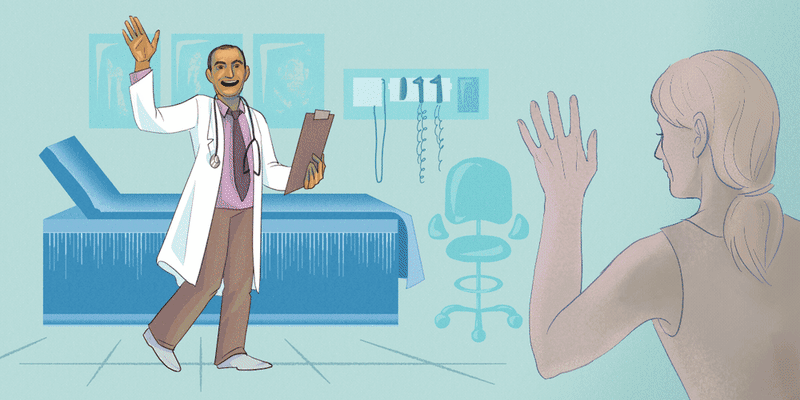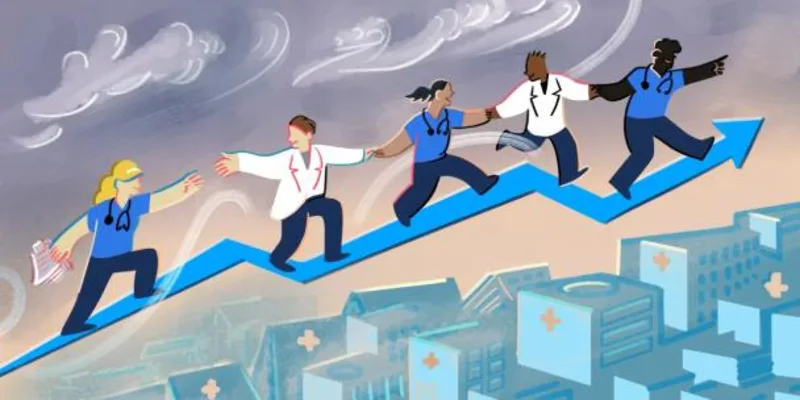
The end of one year brings thoughts of changes for the next year. New Year’s resolutions lead many patients to ask their physicians for assistance with weight loss. I am a psychiatrist, so obesity significantly impacts my patients. Patients with a serious mental illness (schizophrenia, bipolar disorder, and major depression) have a prevalence of obesity almost twice the general population. Their mortality rates are two to three times as high as the general population.
Obesity is associated with an increased risk of a psychiatric diagnosis. Psychiatric disorders and some of the medications used to treat them can cause weight gain and obesity. The susceptibility for a psychiatric disorder increases as BMI increases. Psychiatric symptoms (anxiety, fatigue, insomnia, anergia, amotivation, etc.) can impact the success of weight loss treatments. Compliance with psychiatric treatments is decreased when the treatment causes weight gain.
Some of my patients, especially women, refuse to try a potentially effective medication if weight gain is a potential side effect. They recognize that gaining weight can cause them to feel depressed. The more I see my patients struggle with their weight, the more I want to be able to provide effective advice and solutions but feel like a hypocrite because I am overweight myself.
My weight has been a yo-yo most of my life. In 2011, I got into the best shape of my life and was so proud that I did it on my own. No personal trainers or fad diets. I did a lot of walking, running, and exercise videos (I even used the Wii Fit when that was still a thing), used a food diary, was mindful of my calorie intake and minimized caloric drinks, “bad carbs,” and fried foods. Some of my family and friends even thought I lost too much weight. I maintained the same clothing size, although my weight fluctuated within a range, for four years.
Then the rug was pulled out from under me. My fiancé died tragically and unexpectedly. At first, I barely had an appetite, then when it returned it came back for cake, ice cream, and wine. I no longer felt like cooking because I could no longer cook for a family of five and there was an empty chair at our table. I literally went almost three months without cooking a meal from scratch. I felt like an awful mother for feeding my children so much take out and frozen foods and for not being physically active with them. My fiancé and I used to go to the gym together, so I didn’t want to go back there. I didn’t exercise at home because I expended all my energy functioning at work, so there was little left once I got home. The weight came back on quickly.
I would get upset with myself for gaining weight and being inactive, get a burst of motivation and make an effort to lose weight. I have had so many stops and starts in trying to lose weight in the past three years and now that I’m in my 40s, it is so much more difficult. I’ve done Orangetheory, Burn Boot Camp, Beachbody on Demand, and CrossFit. I’ve done detoxes and cleanses, tried intermittent fasting and Keto, meal prep, and meal kits. I’ve even been desperate enough to try weight loss products advertised on Instagram.
I can hang in there for about a month but if one thing knocks me off my routine (such as a back injury, a difficulty anniversary or holiday, or issues with my sons), I stay off. Then I return to the cycle and food becomes a comfort again. I’m at or near my heaviest weight and many of my clothes no longer fit. I refer to this weight gain as my “grief weight.” I would like to be able to blame the weight gain entirely on the effect that grief has on cortisol levels, but I have to admit my bad habits and dig deep and examine other reasons. I’ve recognized that food has been a substitute for intimacy. Food temporarily relieves sadness, anger, resentment, or bitterness.
Surveys have shown that patients whose physicians are overweight or obese are more likely to change physicians than patients who have doctors of normal weight, regardless of the weight of the patient. Patients may view these physicians as less credible and trustworthy and are less likely to follow their medical advice. I want to be a good example for my patients.
By learning to examine the emotional reasons for my weight gain, I can also help my patients recognize causes of their weight gain beyond psychotropic medication or their psychiatric diagnosis. Helping them can be my motivation and accountability to lose weight this year.
Image: grop / shutterstock
Danielle J. Johnson, MD, FAPA is a board-certified psychiatrist. Her interests include women's mental health and minority mental health. Dr. Johnson is co-author of the book "The Chronicles of Women in White Coats." Follow @drdanij on Instagram and Twitter. She is a 2018–2019 Doximity Author.







